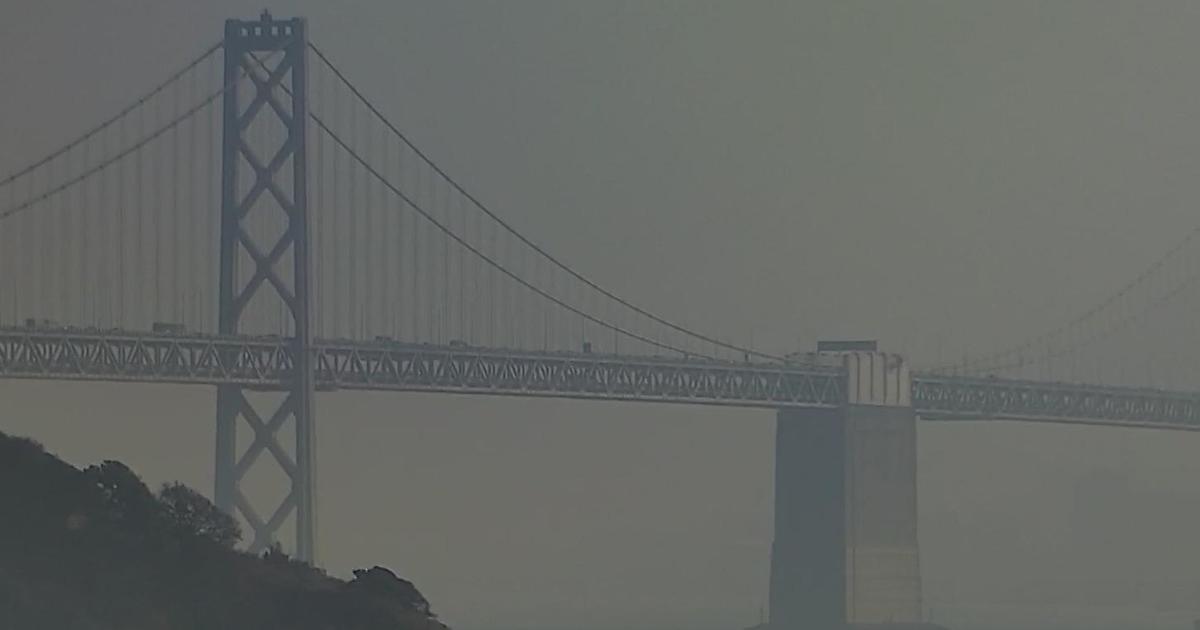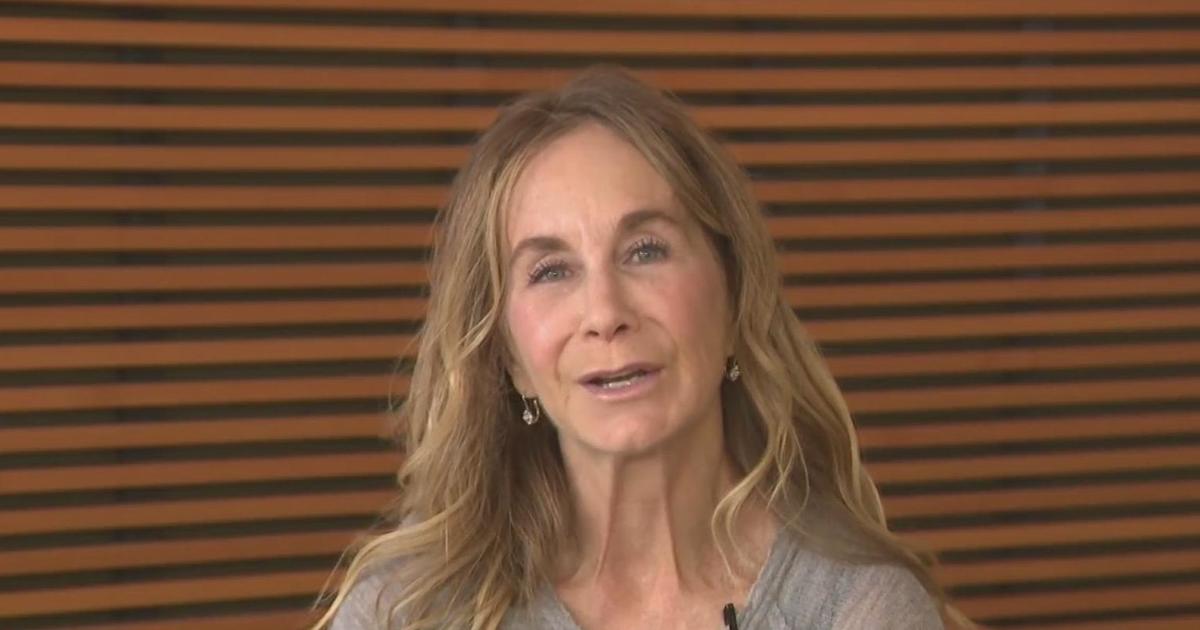As Coronavirus Cases Mount In Northern California, Trump Declares A National Emergency
SAN FRANCISCO (CBS SF/AP) -- As the number of confirmed coronavirus cases grew by the hours in Northern California, President Donald Trump announced Friday that he is declaring the coronavirus pandemic a national emergency.
Just over the last six hours, four new cases have been confirmed in Alameda County, the first two by community spread, and over the last week cases in Santa Clara County have gone up three fold to 79.
Dr. Sara Cody, the Santa Clara County's director of public health, said at a Friday news of the 79 cases, 37 people are hospitalized, and 43 cases were contracted from community transmission, not travel. The county reported its second death on Friday.
"Based on these data and patterns of disease that we see around the world, we know that the outbreak of COVID-19 in our county will continue to accelerate and we anticipate many, many more cases in the days and weeks to come."
Speaking from the Rose Garden, Trump said, "I am officially declaring a national emergency."
He said it would free up as much as $50 billion for state and local governments to respond to the outbreak. Trump also waived interest on federally held student loans and moved to prop up energy markets, by directing the Department of Energy to buy oil to fill the strategic petroleum reserve "'right up to the top."
Trump said he was also giving Secretary of Health and Human Services Alex Azar emergency authorities to waive federal regulations and laws to give doctors and hospitals "flexibility" in treating patients.
"Through a very collective action and shared sacrifice, national determination, we will overcome the threat of the virus," Trump said.
He also announced a new public-private partnership to expand coronavirus testing capabilities, as his administration has come under fire for being too slow in making the test available. Trump said, "I don't take responsibility at all" for the slow roll-out of testing.
The partnership will include drive-thru testing in some locations and an online portal to screen those seeking to get tested.
Still, Trump said that officials don't want people taking the test unless they have certain symptoms. "It's totally unnecessary," Trump said. He added, "This will pass."
Trump said the White House and Congress have yet to agree on a broader aid package, claiming that he doesn't believe House Democrats are "giving enough." Lawmakers are preparing to vote on their own measure Friday.
Speaker Nancy Pelosi said Friday the House would approve its coronavirus aid package, imploring the Trump administration and congressional Republicans to "put families first" by backing the effort to provide Americans with relief.
The House Democratic leader spoke from the speaker's balcony at the Capitol ahead of Trump's news conference at the White House, as the power centers of Washington were shuttered to visitors.
"Our nation, our great nation has faced crisis before," Pelosi said. "And every time, thanks to the courage and optimism of the American people, we have prevailed. Now, working together, we will once again prevail."
Trump has not yet publicly backed the package, making its outcome uncertain in Congress.
Central to the package is free testing for the virus and guaranteed sick pay for workers who are taking time away from jobs, along with an infusion of dollars to handle unemployment benefits and boost food programs for children, families and seniors.
Pelosi and Treasury Secretary Steven Mnuchin, whom Trump tapped to negotiate for the administration, have engaged in around-the-clock negotiations.
But Republican leaders in Congress slowed the deal, wanting assurances that Trump would publicly support the agreement before signing off on it ahead of any vote, according to a top congressional aide unauthorized to discuss the private talks and speaking on condition of anonymity.
GOP leader Kevin McCarthy of California, the House minority leader, huddled with Mnuchin and Trump at the White House earlier Friday.
"We can only defeat this outbreak if we have an accurate determination of its scale and scope, so that we can pursue the precise science-based response that is necessary to put families first," Pelosi said.
The White House is under enormous pressure, dealing with the crisis on multiple fronts as it encroached ever closer on the president.
The virus has swept in alarming ways across American life, sending the financial markets into a dangerous slide and shuttering schools and sporting events and limiting everyday interactions in communities across the country.
The administration's federal task force managing the crisis was working furiously to break a bottleneck in the nation's ability to test for the new virus, and weighing what sort of emergency powers Trump would need to invoke to provide needed aid to overwhelmed state and local governments.
And a personal health scare intensified as White House officials worked to determine the level of exposure by the president and senior aides to several foreign officials who have since tested positive for the virus.
Trump said he was gratified that Brazilian President Jair Bolsonaro tested negative for the virus, after the pair sat next to each other for an extended period of time last weekend. A senior aide to Bolsonaro tested positive. "We have no symptoms whatsoever," said Trump, who has not gotten tested for the virus or taken steps to self-isolate.
In one welcome announcement, the administration said Friday it was awarding $1.3 million to two companies trying to develop rapid COVID-19 tests that could detect within an hour whether a person is positive for the new coronavirus.
For most people, the new coronavirus causes only mild or moderate symptoms, such as fever and cough. For some, especially older adults and people with existing health problems, it can cause more severe illness, including pneumonia.
The vast majority of people recover. According to the World Health Organization, people with mild illness recover in about two weeks, while those with more severe illness may take three to six weeks to be over it.
© Copyright 2020 CBS Broadcasting Inc. All Rights Reserved. The Associated Press contributed to this report.



